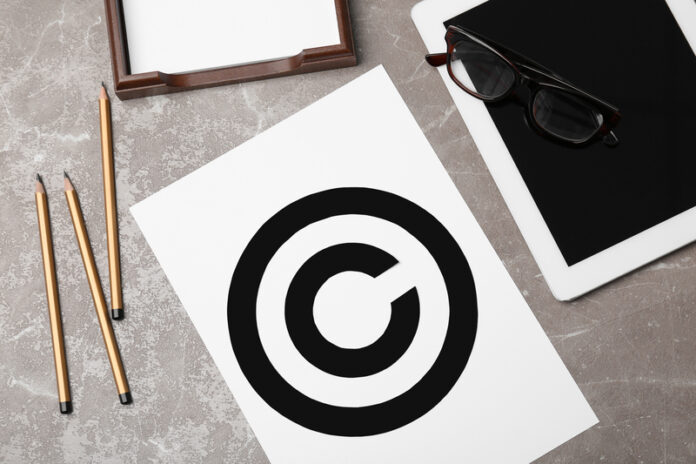
In today’s business environment, companies operate within strict legal frameworks, including those related to intellectual property. Copyright protects works — from texts and photographs to music and software code — and gives creators the exclusive right to use them. For entrepreneurs, it’s not only a matter of ethics but also a legal obligation. Violating copyright can lead to hefty fines, reputational damage, and even lawsuits.
This article outlines the key aspects of copyright compliance to help business owners — from home-based entrepreneurs to larger enterprises — operate within the law.
What Copyright Is and Why It Matters for Business
Copyright is a legal mechanism that protects original works from unauthorized use. It arises automatically at the moment of creation, whether or not the work has been officially registered.
For businesses, copyright matters for several reasons:
- Protection from claims — compliance reduces the risk of lawsuits.
- Reputation management — companies that respect others’ work earn trust from clients and partners.
- Ethical standards — using legal content supports fair competition.
Common Types of Copyrighted Material Businesses Use
Even small businesses deal with copyrighted materials daily. The most common include:
- Text — articles, product descriptions, advertising slogans.
- Photography and graphics — images for websites, social media, and marketing materials.
- Music and audio files — background music for presentations, events, or retail spaces.
- Video — training videos, commercials, interviews.
- Software — including templates, plugins, and CRM systems.
It’s important to remember that just because something is available online doesn’t mean it’s free to use. “If it’s on Google” doesn’t mean it’s in the public domain.
How to Use Content Legally in Business
There are several ways to safely work with third-party creations:
- Purchase a license — directly from the author or via specialized platforms.
- Use content with an open license — such as Creative Commons (while complying with its terms).
- Create your own content — in-house texts, photos, and videos.
- Outsource production — hiring writers, designers, or photographers with clear contractual terms about ownership rights.
Copyright and Music in Public Spaces
Many entrepreneurs don’t realize that playing music in a café, beauty salon, store, or office is regulated by copyright law. Public performance without proper permission from rights holders can lead to fines.
There are two main solutions:
- Sign an agreement with a performance rights organization (such as ASCAP, BMI, PRS, or their equivalents in other countries).
- Use specialized services with royalty-free music that provide licenses for public playback without additional fees. These platforms allow businesses to legally provide background music without the risk of copyright claims. An example is royalty-free music available by subscription for commercial spaces.
Common Mistakes Entrepreneurs Make
Even experienced business owners sometimes infringe copyrights unintentionally. Common mistakes include:
- Using images from Google without checking the license.
- Downloading music or videos from YouTube for commercial use.
- Failing to have written agreements with freelancers or employees regarding content rights.
- Assuming “small businesses get a pass” — in reality, copyright organizations pursue companies of all sizes.
Building Copyright Compliance into Business Processes
To avoid issues, it’s essential to integrate copyright checks into daily operations:
- Maintain an internal database of materials with their licenses.
- Educate employees on basic copyright principles.
- Sign clear contracts with content providers.
- Use only verified sources.
Conclusion
Copyright compliance is not a mere formality — it’s a fundamental part of responsible business operations. It protects your company from legal risks, strengthens your reputation, and supports long-term success.
Regardless of your business size, understanding the rules of intellectual property use and respecting the work of others is crucial. Ultimately, it’s both a legal requirement and a business culture element that builds client and partner trust.
Find a Home-Based Business to Start-Up >>> Hundreds of Business Listings.













































